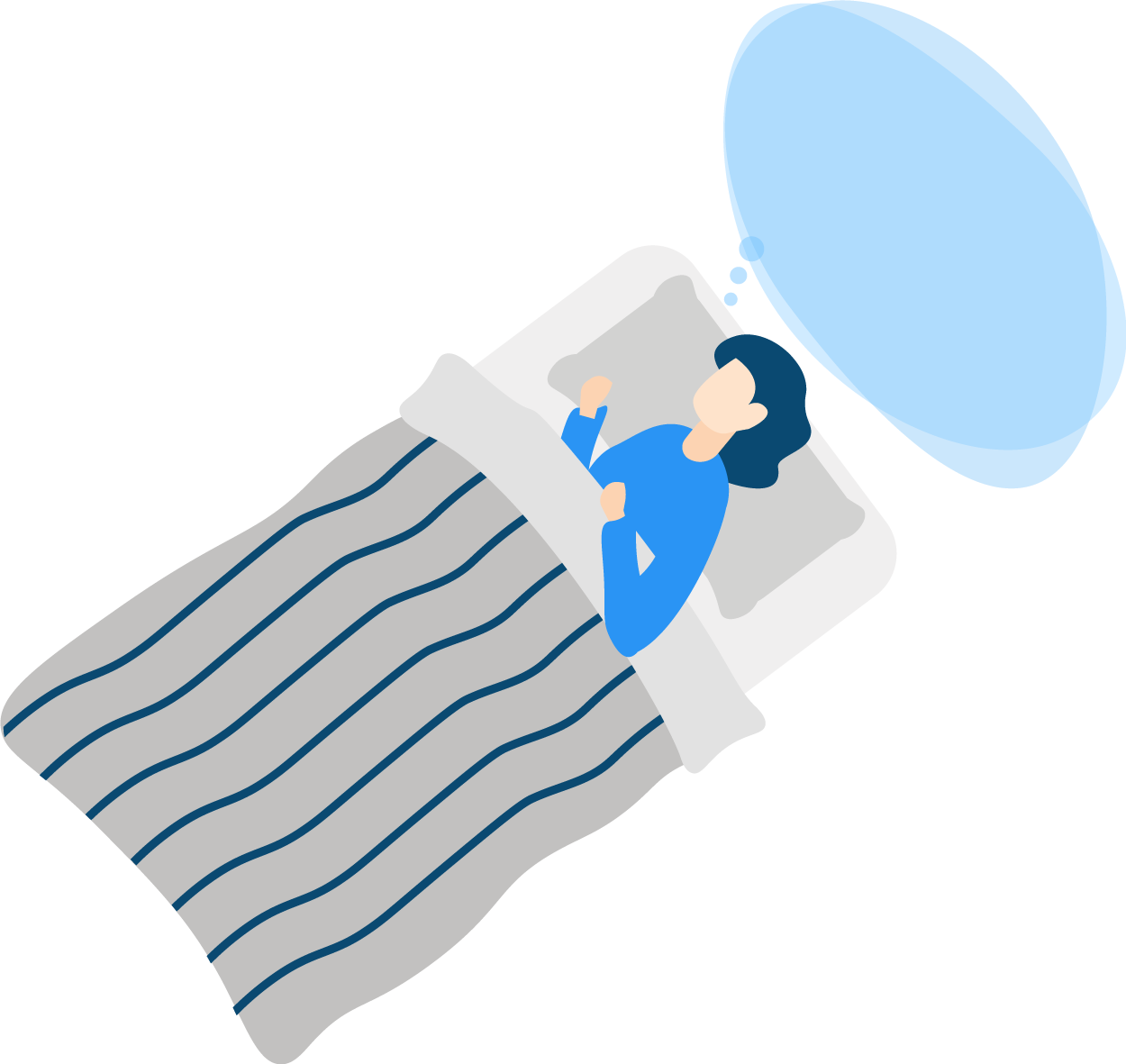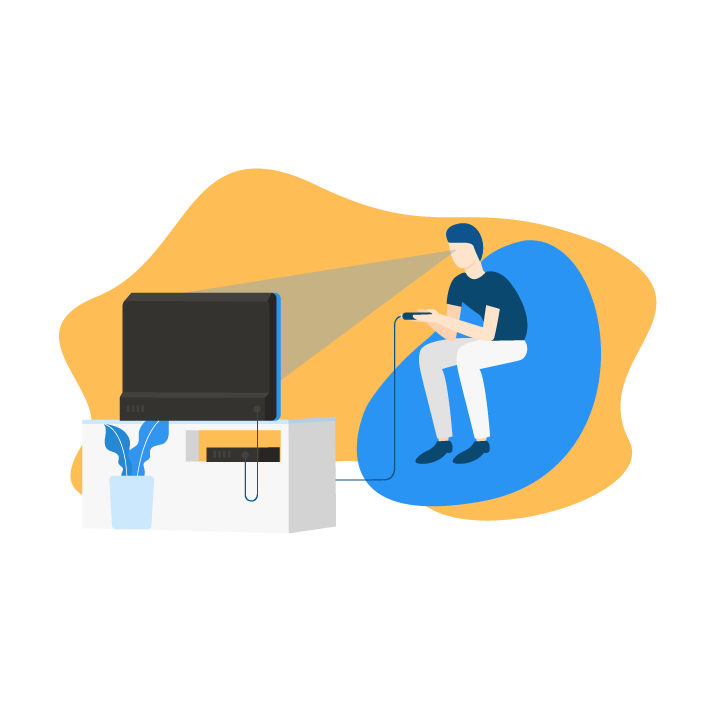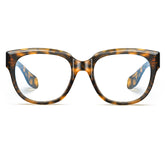What is Blue Light and How to Choose Blue Light Glasses?
In the digital era, blue light is everywhere. The sun emits it, and so do light bulbs. Almost everyone is exposed to more and more blue light than ever before with the widespread of LED technology. Studies show that blue light can disrupt sleep pattern and potentially cause disease. Therefore, blue light glasses are becoming increasingly popular. Here's our guide to help you to pick the best blue light glasses.
What Is Blue Light
Blue light is a type of light that has a short wavelength and high energy. It is emitted by the sun, but also by artificial sources such as digital screens, LED lights, and fluorescent lamps. Blue light can have some benefits, such as boosting alertness, mood, and cognitive function during the day. However, too much exposure to blue light, especially at night, can have negative effects on your health and well-being.

One of the main problems with blue light is that it can interfere with your circadian rhythm, which is your natural sleep-wake cycle. Blue light can suppress the production of melatonin, a hormone that regulates your sleepiness and wakefulness. This can make it harder for you to fall asleep and stay asleep, and affect the quality of your sleep. Poor sleep can lead to various issues, such as fatigue, mood swings, impaired memory, reduced concentration, and increased risk of chronic diseases.

Another issue with blue light is that it can cause eye strain and discomfort, especially when you stare at a screen for long periods of time. This is because blue light scatters more easily than other colors, making it harder for your eyes to focus. It can also create glare and contrast problems, which can tire your eyes and cause headaches. Moreover, some studies suggest that prolonged exposure to blue light may damage the retina, the inner layer of the eye that converts light into signals for the brain.

Protect From Blue Light
So how can you protect your eyes from blue light? One option is to wear blue light glasses, which are glasses that have special lenses that filter out or block some of the blue light from reaching your eyes. These glasses can help reduce the amount of blue light that affects your circadian rhythm and your eye health. They can also help you feel more comfortable and relaxed when using digital devices. A study in 2017 done by the University of Houston found that participants wearing blue light glasses showed about a 58% increase in their nighttime melatonin levels.

Choose From Blue Light Glasses
However, not all blue light glasses are created equal. There are different types of lenses that offer different levels of protection and clarity. Some lenses have a yellow or amber tint, which can block more blue light but also alter the color perception. Other lenses have a clear or slightly tinted coating, which can block less blue light but also preserve the natural colors. The choice of lenses depends on your personal preference and needs.
When choosing blue light glasses, you should also consider other factors, such as:
- - The fit and comfort of the frames.
- - The quality and durability of the lenses.
- - The style and design of the glasses.
- - The price and warranty of the glasses.
You can find blue light glasses at visoone.com, where you can get stylish and quality blue light glasses and enjoy reasonable price and warranty. You can also get prescription blue light glasses if you need vision correction. However, before buying any glasses, you should consult with your eye doctor to make sure they are suitable for you and your eyes.

Blue light glasses are one way to reduce your exposure to blue light and protect your eyes from its harmful effects. However, having a gooing eye care habbit is important. You can also follow these tips to prevent eye strain and improve your sleep quality:
- Limit your screen time, especially before bed.
- Adjust the brightness and contrast of your screen to a comfortable level.
- Use a screen filter or a night mode on your device to reduce blue light emission.
- Take frequent breaks from looking at your screen and blink often.
- Follow the 20-20-20 rule: every 20 minutes, look at something 20 feet away for 20 seconds.
- Avoid using digital devices in a dark room or under bright lights.
- Keep a regular sleep schedule and avoid caffeine and alcohol before bed.
- Make your bedroom dark, cool, and quiet at night.
By following these tips and wearing blue light glasses when needed, you can enjoy using your digital devices without compromising your eye health and sleep quality.

























